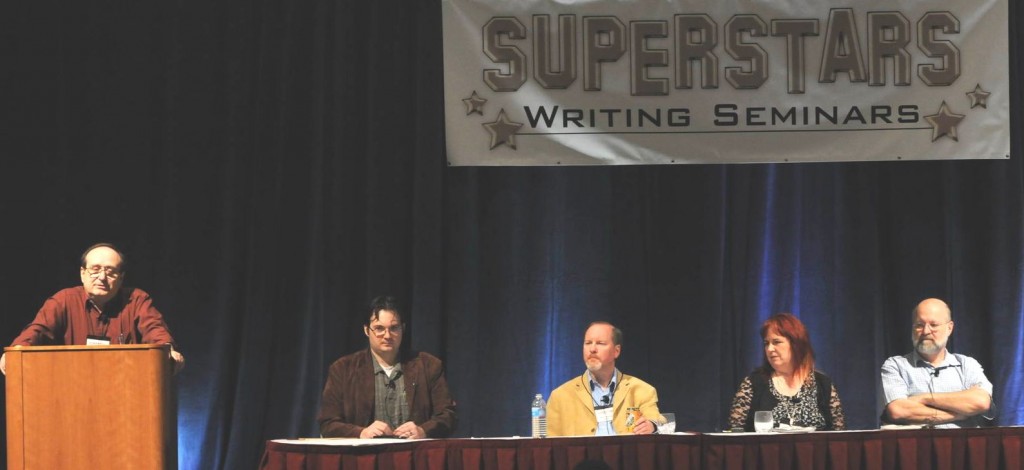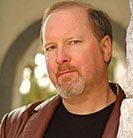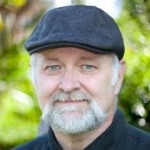
The Tucson Book Fair took place the second weekend in March at University of Arizona. I’ve heard about the fair, and I know quite a few authors who regularly attend, so I took a couple of hours out of my busy Saturday to check it out. I only had a few hours to give, so I’m sure I didn’t get the whole experience, but I thought my views might be of use to somebody out there. First thing about the fair, and probably the aspect I like best, is that it’s free. Not that I’m all that chintzy, but struggling writers don’t make much money, and all these conferences, conventions, seminars, workshops…need I go on? They take a dent out of the budget.
I arrived with my teenage daughters to a sea of white tents and a mass of people. It made me think of an epic fantasy market in modern-day clothing. You might think a book fair would have all the publishers, book sellers, and authors crying their wares. It did, but equally interspersed were banks, random businesses, and community organizations. Crazy. We locked hands so as not to get separated among the milling throngs.
We didn’t have much time, and Aprilynne Pike had a panel starting a few minutes after we arrived. She’s a mutual favorite among my girls and I, a great speaker, and we’re waiting for her next book to come out. We consulted the program-a multi-page newspaper that outlined events encompassing multiple buildings and a large portion of the university campus-and found the seminar would be at the opposite side of the tents, in a building behind the children’s area. We booked it fast (pun intended) and walked in late. It wasn’t our fault. It was one thing to navigate the tents, but the children’s area was just as crowded, had walking storybook characters-the Red Cat’s face frightened us all-and kids running from one activity to another. It looked fun, but I don’t have kids that age anymore.
Aprilynne Pike spoke with two writers while a mediator asked questions. I’d heard most of it before, but it always makes me feel validated as a writer when I hear people say things like, “it’s not a matter of thinking up a story, they’re always running around my brain. The challenge is organizing them and making them wait their turn.” (That’s not a direct quote). It did surprise me when my girls said they loved that Q&A. They’re both avid readers, but haven’t shown more than a passing interest in writing.
So, all in all, I would love to get a chance to stay for the entire weekend. It seems as valuable, or more so, than many of the conventions I’ve attended. Many of the authors present were well-known NYT bestsellers, doing panels and autograph signings. It was crazy, but with a festive atmosphere. I suggest you look at the schedule ahead of time, because there is a lot going on at once. They didn’t have a table for flyers, which disappointed me since I had Superstars Seminar flyers I wanted to put out for Kevin J. Anderson, but it seemed like a very worthwhile get together for writers and readers of all genres. I advise looking at the schedule ahead of time since there was so much going on at once, but I would highly recommend the event.
Oh, and I didn’t get to sample any, but the grilled corn looked divine. A fair’s not a fair without food vendors, and they had plenty (under matching white tents).
I also tried to attend Leprecon in Tempe, AZ but they didn’t get started until the afternoon and I had too much going on that weekend to stick around. I’m sure it was great, though. (If you’re reading this, Kevin, I did leave the flyers.)
What are some local book fairs or conventions that you’ve enjoyed?




